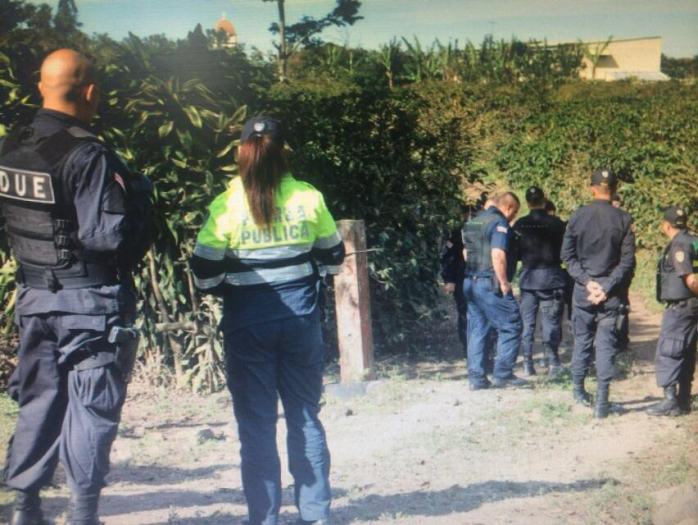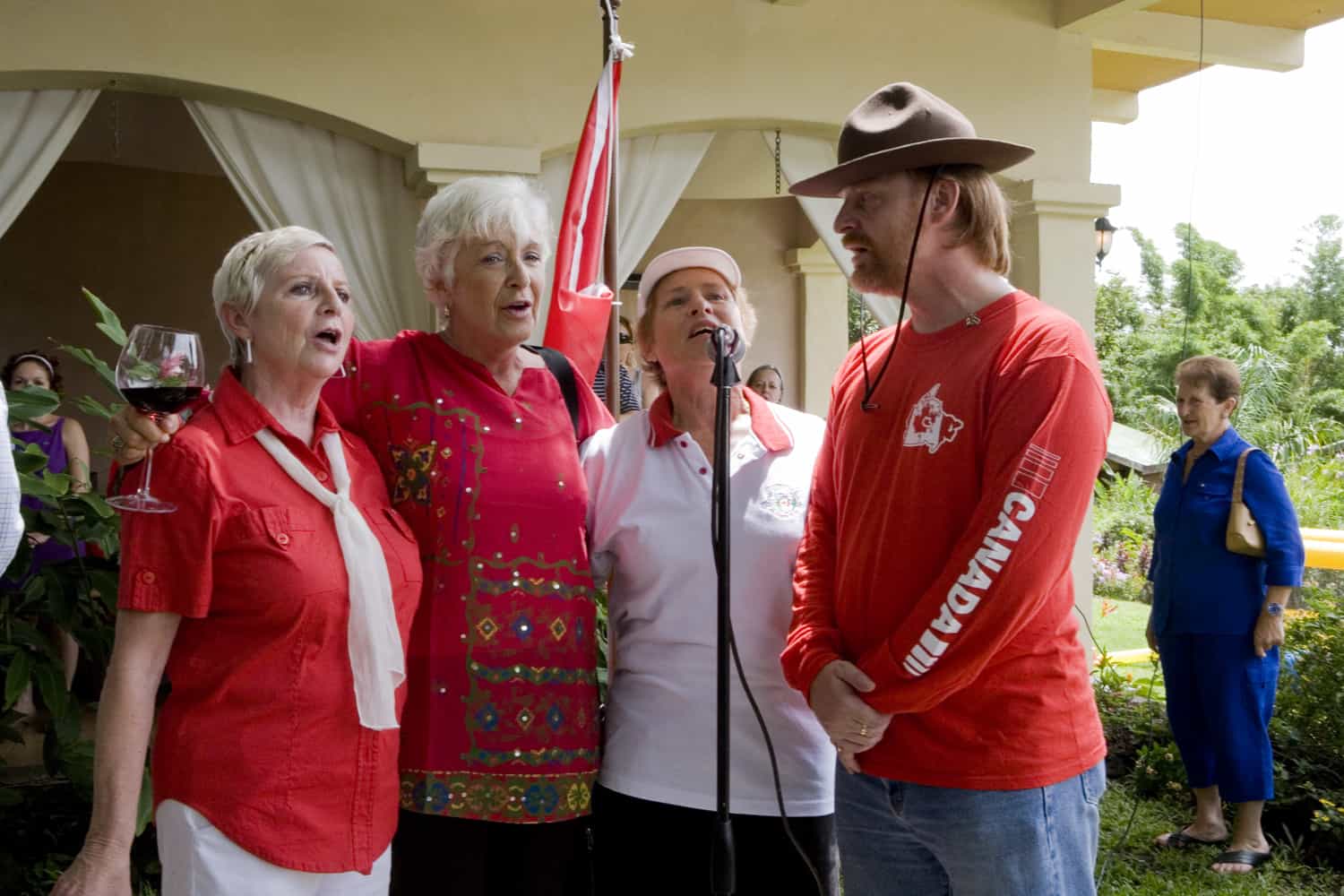For over a month, police, family members and colleagues of Ryan Piercy, 45, a fixture in the North American expat community in Costa Rica, remained tight-lipped about his Jan. 20 disappearance amid ongoing speculation that he had been kidnapped and held for ransom. Now, some information is filtering out after Piercy appeared at his western San José home late Saturday night in a taxi, reportedly shaken but in good health.
“Ryan is recovering at home with his family and will issue a statement soon,” Piercy’s attorney Romulo Pacheco told The Tico Times. “Other than that, I have no more information at this time.”
While Pacheco would not confirm that Piercy had been kidnapped, Judicial Investigation Police Director Francisco Segura did, in a statement on Monday morning. He also said authorities had taken Piercy to a forensics lab for testing after he arrived at his home on Saturday.
Segura noted that the alleged kidnappers had demanded nearly half a million dollars in the crypto currency Bitcoin. But Segura would not say whether all or part of the ransom was paid in Bitcoins or via a standard money transfer.
The Tico Times attempted to contact Piercy, but phone calls to his residence were not answered.
Here’s what Segura said:
“According to [Piercy’s] family, he arrived [at midnight on Saturday] and knocked on the door of their home. Apparently he arrived in a taxi that he boarded in San Pedro [east of San José]. He said he had been held captive for more than 30 days in subhuman conditions, which is why we immediately transferred him to a forensics lab for an examination to determine both his physical condition and his version of events, which is normal police procedure. Today [Monday], we possibly will interview him when he is more relaxed and rested … to determine if we can identify his captors.”
Regarding Bitcoin, Segura said it is a “relatively new [payment] method in any part of the world, and we work with Interpol, which does not have experience in this type of currency. We’ll have to see if it was paid or not, because it’s not easy to secure Bitcoins to make the payment. It’s a digital currency with a limited supply.”
Asked if business owners or foreigners are being targeted by kidnapping gangs in Costa Rica, Segura said, “I would say to business owners and everyone in the country: Relax. We’ve worked kidnapping cases well and had good results. In Costa Rica, kidnapping cases usually don’t succeed. … I would say that kidnapping in Costa Rica is a rare crime.”
Piercy, a board member and manager of the Association of Residents of Costa Rica (ARCR), disappeared on Jan. 20. Police discovered his wife’s abandoned car with its doors open and engine running on the side of the road along Route 32, north of the capital.
Pacheco told The Tico Times that the ARCR, which assists expats in establishing residency in Costa Rica, is operating normally and keeping its regular business hours.







